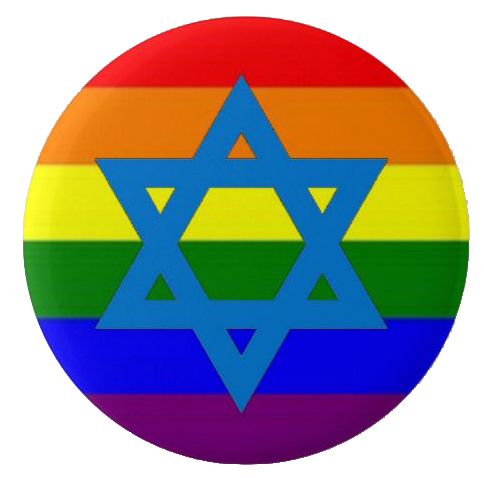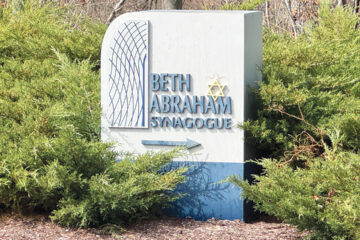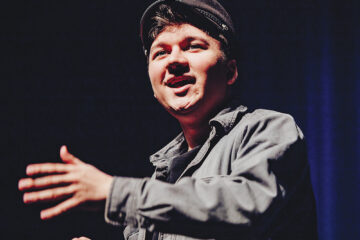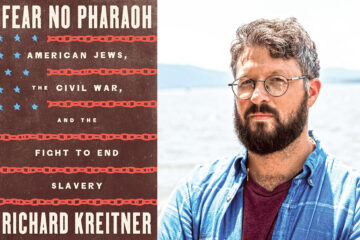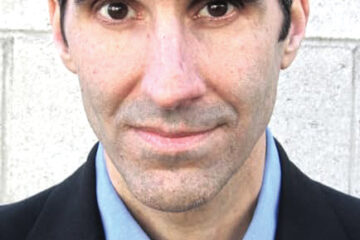Why I came out to my family during the High Holy Days
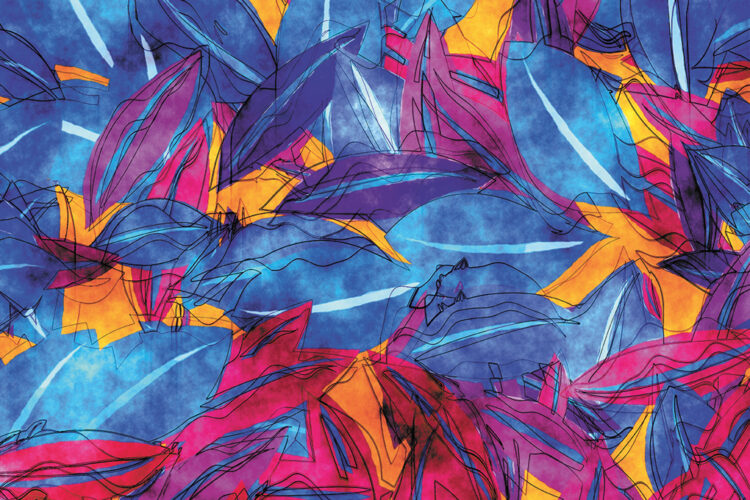
By Rakhel Silverman, Alma
Last Rosh Hashanah, I snuck out of services, escaped to the bathroom, and broke my no-technology practice to turn on my phone.
No, I didn’t need to do something for work. I wasn’t checking my Instagram feed. I was sending possibly the most important email I’d ever send in my life. In this email, I told my father that I am queer and non-binary. I explained my identities, hoped he would accept me and asked him, in the spirit of the High Holy Days, to repent for his previous homophobic and transphobic actions.
Why now? Why an impulsive email from the Brown Hillel’s bathroom stall? My discomfort for verbal confrontation aside, it is because something during that service moved me, and I felt that I could not hide this part of myself any longer.
My decision to come out came during the rabbi’s sermon, when he spoke of the importance of our relationships. He talked about how human beings, despite their pride, cannot be independent, and that we must embrace the vulnerability of needing others. And I knew that despite how uncomfortable I would feel by revealing this part of myself and risking rejection, I needed to openly be my most authentic self in order to have genuine relationships with my family.
I soon received my father’s reply — a message of acceptance and unconditional love, everything a queer kid could possibly ask for. Yet I did not feel the relief that I had expected, which left me disappointed, ashamed, and depressed. Why wasn’t his email enough?
I realized I had the unrealistic expectation of what “coming out” looks like, according to the media — where a tearful confession turns into rainbows, glitter, and champagne, as if the years of trauma and harm no longer bother you, as if you have achieved a perfect level of self-acceptance and now your family perfectly accepts you, too. In reality, coming out is a complex and often painful ongoing process of both internal and external acceptance, which is why I didn’t feel the perfect euphoria that Lifetime movies promised me.
The High Holy Days are about making teshuvah, which means turning — a reorienting of yourself, moving toward God, turning toward what is holy inside of you, realigning with your values and with the life path that you want, becoming the person that you want to be. I was not done with this process when I realized I was queer four years ago, or when I changed my pronouns on Facebook last month, or when the sound of the shofar marked the end of Yom Kippur this year. I will constantly be coming to terms with my true self, unlearning homophobia and transphobia on an endless journey to self-acceptance.
It is challenging embracing my full self because my entire life I was told that my identities were not compatible. As I discovered that I was queer, my Jewish education taught me that homosexuality is a sin. As I fell in love with Judaism and considered rabbinic school, my traditional upbringing told me that people assigned female at birth could not lead services or be rabbis. My politics were irreconcilable as well; as I felt compassion for Palestinians, my Jewish community told me that they were not worthy of rights, dignity or humanity. It is a long and painful process of learning and unlearning as I turn inward toward myself.
The morning before Yom Kippur, I found myself at a very last-minute mikvah (ritual bath) immersion. I made the appointment to mark my official coming out and the changing of my name from Rachel to its Hebrew pronunciation, Rukh-el.
In Judaism, changing your name gives you a new destiny (like Sarai becoming Sarah in the Torah). In choosing to go by my Hebrew name, I am honoring my Jewish ancestry, personal history, and the trans tradition of choosing a new name.
As I prepared to immerse, undressing, scrubbing every inch of myself, taking off my signature ring and glasses, I listened to a playlist of Jewish movement songs — embracing my faith’s history of social justice. When it was time to immerse, I recited Mayyim Hayyim’s coming out ceremony. I felt a powerful reclamation of both Jewish tradition and my identities.
Yet even with the serene mikvah ceremony, something did not feel right. I still felt unaddressed resentment toward my Dad brewing in my chest. I did not want to contact him. I did not want to tell him about my partner, or God forbid have him meet this person.
On Yom Kippur itself, I had time to reflect on why exactly things felt so wrong. I could think of a million reasons: trauma, pain, wanting to see him walk the walk before I could know whether to trust him.
During the Torah service that morning, the rabbi called anyone for an aliyah up to the Torah who wanted to “expand their heart” this year, and I rose. The beautiful, empowering part of Jewish tradition is that it is up to me when and how to forgive. It would be perfectly valid for me to want to retreat and harden my heart, as it has been hurt in the past. But I want to open it.
The High Holy Days remind us to forgive others as well as ourselves. Just as I need to be gentle with myself, my father deserves his child to be gentle with him. Things are not black and white. My father is not an innocent person — he has said some pretty terrible things about my community. But he loves me, and he is learning and growing and trying. And just as I am taking this season of teshuvah to learn to accept and love myself and my identities, I can acknowledge the harm that he has caused, but allow him to grow and change with me.
That’s all I can ask for — and it won’t come from a single email. It will come from both of us doing the hard work, and turning, together.
To read the complete September 2020 Dayton Jewish Observer, click here.


